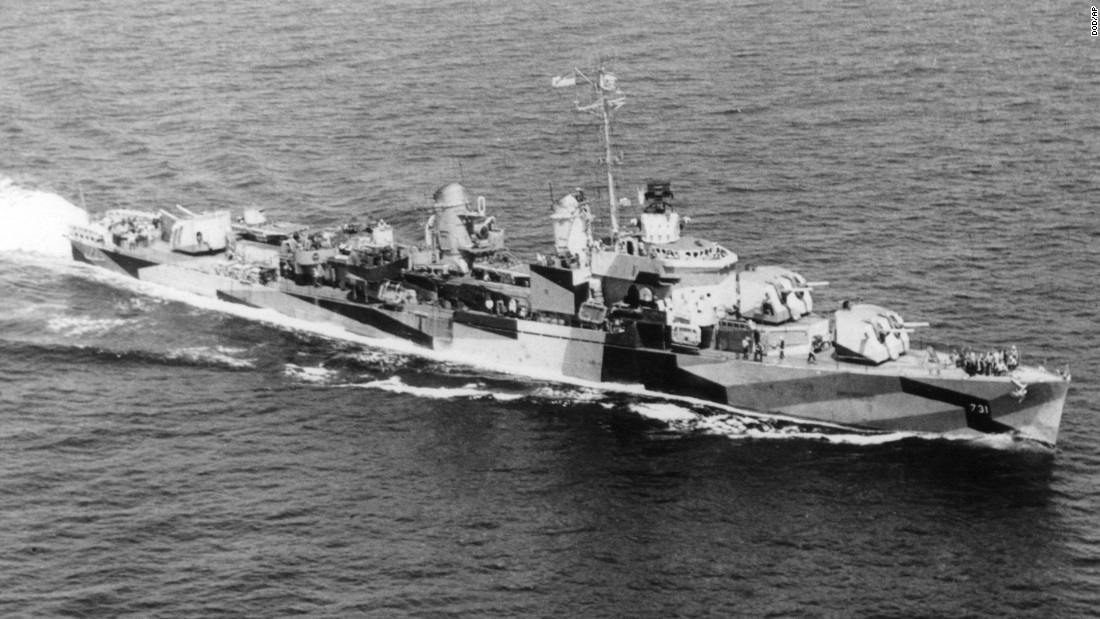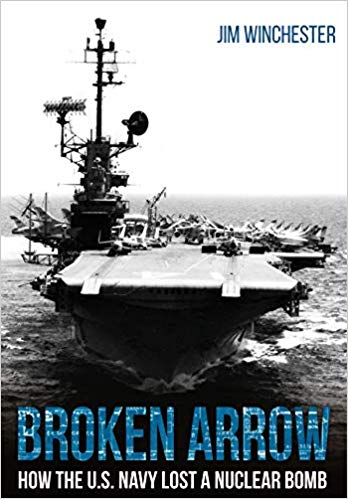

2, 1945.This article needs additional citations for verification. Busch was Honorably Discharged at Camp Dix June 6, 1919.Īfter the war, he joined the Harrison Police Department and served for 20 years retiring as a detective June 2, 1944. Thus the insignia became a single streak of lightning across a red field.

The battles of the 78th Division were likened by the French to a bolt of lightning, leaving the field blood red. The 78th was the considered the "point of the wedge" of the final offensive which knocked out Germany. The battle was first major offensive by the American Expeditionary Forces. Busch fought in the Battle of Saint-Mihiel, Sept. Busch served in France from May 1918 to May 1919. After completing training, he was assigned to Company A, 310th Infantry, 78th “Lightning” Division, American Expeditionary Forces. 28, 1893, and was 24 years old when he reported to Camp Dix, N.J., Feb. Receiving the medal on his behalf was his grandson Paul W. Busch, standing left in group photo, of Harrison, NJ, was posthumously awarded the New Jersey Distinguished Service Medal.

Metzler was posthumously awarded the Purple Heart, the World War II Victory Medal, the American Campaign Medal, the New Jersey Distinguished Service Medal with Oak Leaf Cluster, and the New Jersey POW-MIA Service Medal. Metzler had received severe wounds during the attack and died that evening. Twenty-six crew members and three Navy Armed Guards, including Metzler, were captured as prisoners of war. The distress call was decoy by a German auxiliary cruiser, which attacked and sunk the Humphrey. On July 16, 1942, the Humphrey responded to a distress call 800 miles off the West African coast. and allied merchant ships to defend against attacks by enemy aircraft, ships, and submarines. Navy Armed Guard crews were assigned to U.S. He was subsequently assigned to the merchant oil tanker SS William F. Navy Armed Guard in Brooklyn, N.Y., where he was trained as a gunner. After completing basic training, he was sent to the U.S.


 0 kommentar(er)
0 kommentar(er)
